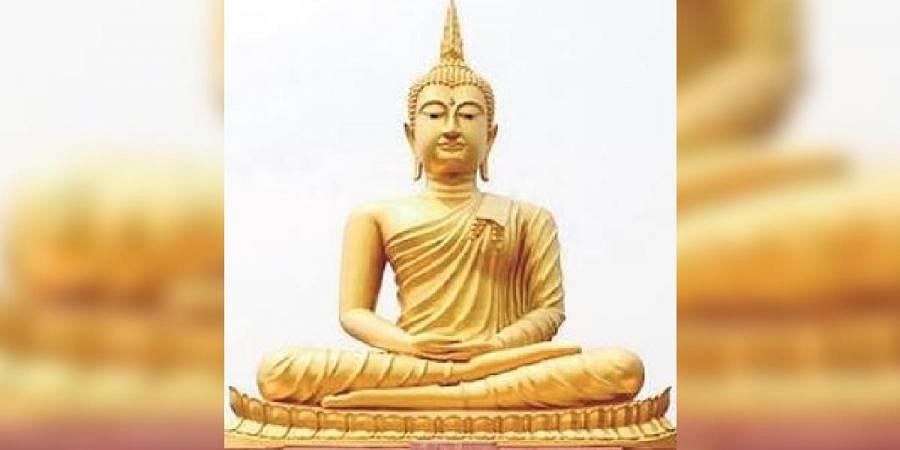About 2,500 years before the Buddha, Brahminism had a firm hold on religion in India. The priests rigidly interpreted the Vedas in order to control people’s religious practices. In light of this, Buddha swiftly gained popularity among the regular people. There were a number of causes for it.
1. The Buddha was a fervent rationalist. He did not adhere to customs blindly or hold superstitions in high regard. Whereas the priests of that period used to say ‘simply believe this, don’t ask us any questions’, Buddha maintained even religion must be susceptible to reasonable enquiry. Even when reading the Vedas, he claimed, one must employ their intellect.
2. Buddha placed greater emphasis on life’s reality than on metaphysical issues. He claimed that although metaphysicians have argued issues like who created the world for centuries, there are still no conclusive solutions. According to Buddha, it is preferable to set such concerns to the side and dedicate oneself to serving people.
He compared the condition of the masses to that of a person who has been wounded by an arrow while the priests debate metaphysical issues such as whether the person was injured as a result of sins committed in a previous life or by doing things in this one.
3. Buddha delivered his sermons in common tongue. Sanskrit, according to the priests, is dev-vani (the language of the gods). Buddha, however, promised to give a sermon in Lok-vani (the language of the people). He delivered sermons in Pali. Eventually, when Buddhism gained popularity around the world, it was always preached in each nation’s native tongue.
4. Buddha was against caste. Every human being must be treated equally, according to him, because they are all born the same. A person’s status in society ought to be determined by his actions, not by his location of origin.
5. Buddha opposed the sacrifice of animals in Yagya. The priests argued that it was not an injustice to the animals because they will gain paradise. Buddha countered it by saying, in that case, why didn’t the priests sacrifice themselves and ascend to heaven? He also contended that instead of offering large amounts of food to gods, who may or may not accept it, it is better to give it to the hungry.





